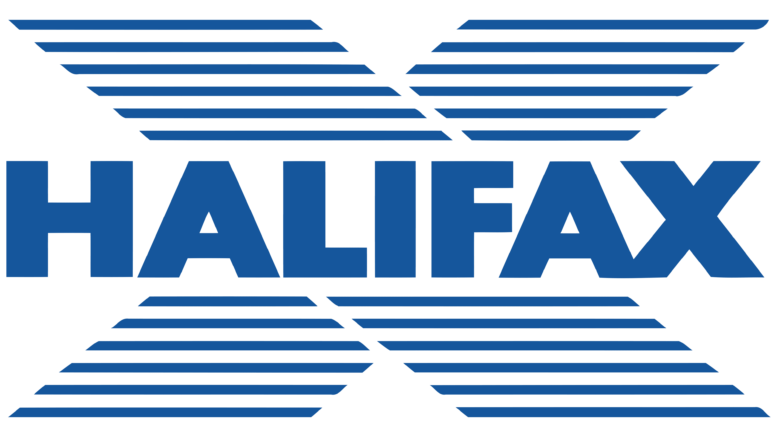House prices fell slightly in September with the market showing further signs of slowing, the Halifax has reported.
Its latest index put the monthly fall at 0.1 per cent, meaning the annual rate of increase slid back from 11.4 per cent in August to 9.9 per cent in September.
‘The events of the last few weeks have led to greater economic uncertainty, however in reality house prices have been largely flat since June’, said Halifax Mortgages director Kim Kinnaird.
The housing market may have already entered a sustained period of slower growth, said Kinnaird. But ‘predicting what happens next means making sense of the many variables now at play, and the housing market has consistently defied expectations in recent times. While stamp duty cuts, the short supply of homes for sale and a strong labour market all support house prices, the prospect of interest rates continuing to rise sharply amid the cost-of-living squeeze, plus the impact in recent weeks of higher mortgage borrowing costs on affordability, are likely to exert more significant downward pressure on house prices in the months ahead.
‘This will undoubtedly be a cause of some concern for homeowners, but the unprecedented rate of property price inflation we’ve seen in recent years has been far above the historic average. It’s important to look at slower growth in this context – since the start of the pandemic average property values have risen by around 23 per cent’.
Publication of the Halifax September index follows Nationwide’s index for the month which also recorded a slowing of the annual rate of house price increase – this time to 9.5 per cent.
Nationwide said 10 of the UK’s 13 region had experienced lower annual rates of growth in the third quarter of 2022 although the South West, which experienced the strongest rate of growth, still averaged 12.5 per cent.
London, with the weakest annual rate of growth, averaged 6.7 per cent.
‘Headwinds are growing stronger, suggesting the market will slow further in the months ahead’, said Nationwide chief economist Robert Gardner. ‘High inflation is exerting significant pressure on household budgets with consumer confidence declining to all-time lows.
‘Housing affordability is becoming more stretched. Deposit requirements remain a major barrier, with a 10 per cent deposit on a typical first-time buyer property equivalent to almost 60 per cent of annual gross earnings – an all-time high’.








